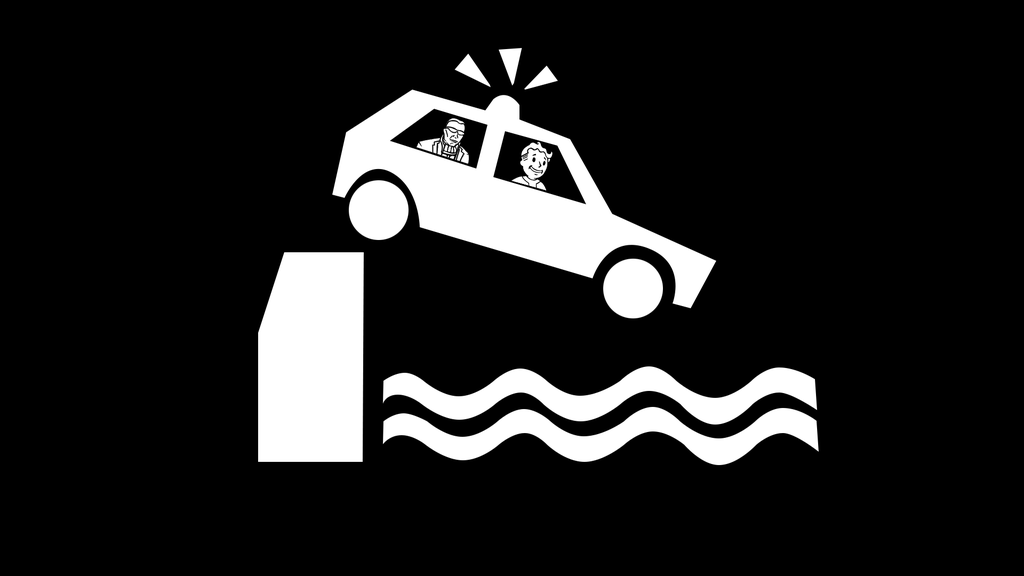I took 2 years of Spanish & didn’t learn either
Do they? Duolingo, meanwhile, teaches a Latin American dialect (possibly Mexican), with “ustedes” as the second-person plural. (IIRC, their Portuguese is also Brazilian, which is a greater leap.)
Does it? My partner has learned some very strange words I have never heard used in mexico. But I guess the rest of Latin America also uses different dialects.
I learned Cuban Spanish. Upon going to Spain, I was told I spoke with the English vocabulary and accent equivalent to a southern yokel from the 1970s.
We learned American Spanish when I was in school, no vosotros, no soft S, because we learned it from Cuban teachers. My kids got a mix but mostly, as you are saying, Spain Spanish. I think part of the reason is that Spain Spanish is one thing - canonical Spanish, yes? But in the Americas it’s varied, different in the US from Mexico, from Colombia, from Argentina, Costa Rica. Dialects.
I think it’s silly to say that Spain Spanish is canonical, though. Like, says who? Spanish people? Spanish in Spain is a dialect just like any other Spanish-speaking country. Imo it makes sense to teach the dialect that learners are most likely to encounter based on their geographic location, with context about the other dialects.
We have several dialects in Spain that talk different. We all write proper neutral Spanish though, determined by the Royal Spanish Academy, RAE.
Same thing with Basque, in the tiny territory we occupy there’s a dialect per fucking town almost with distinct differences. Textbooks teach the official neutral Basque though. We would literally not be able to communicate if there was no neutral dialect everyone also knows…
Saying “country dialect” sounds very USA American tbh…
TIL there are two versions of spanish.
There’s far more than two, just like there’s plenty of dialects of english jaja
There’s uh, lots more than 2. It’s similar to how there’s English English and Nigerian English, just dialectical differences - some more major than others.
Or American English and maybe southern American English? Not sure thats different enough to count.
Depending on how diverged they are people can communicate between them with various words or phrases that are different.
Ex. Americans use the word toilet, England uses loo (which might also refer to the whole bathroom? I’m sure someone from England will correct me)
Toilet can mean the whole room if separate (i.e. no shower or bath) or just the appliance, depending on context. Can use loo to mean what Americans would refer to as ‘bsthroom’/‘restroom’.
A lot more than two. Even within Latin America, there are some fairly interesting differences in grammar, vocab, and pronunciation.
So would ASL, yet here we are.
The education system is for schooling, not learning.
We learned Mexican Spanish in my redneck school.
French taught on Canada (outside Quebec) is France French, not Quebec French. My source on this is that I was taught to say “we” for “oui” and not “wayh”. And the Quebec French sound I’m only getting from comediens on CBC so that could be way off.
France French people say wayh too. It’s the same difference between saying “yes” and “yeah”.
I once stayed in a youth hostel rural Quebec and had a really weirdly hostile reception from people there, despite dredging up my very best schoolgirl French to try and make conversation. Turns out they thought I was from Ontario. When I revealed I was a Kiwi they were all suddenly very friendly. Too late!
Ouais is more like ‘yeah’, not ‘yes’.
So would ASL, yet here we are.
The education system is for schooling, not learning.
Maybe it’s because I’m from California, but we learned Mexico-Spanish. The books included Spain-Spanish (i.e. vos conjugations), but my teachers never included it in our lessons.
Vos-conjugations are not a thing in spain though? You mean tu-conjugations?
Aren’t vos-conjugations a thing in some/several latin American countries?
I meant vosotros, yes, thank you! Sorry, it’s been over two decades since I was in Spanish class; I mixed vos and vosotros up.
Kinda the same here in Nevada. Our Spanish teacher explained them briefly but told us we didn’t need to learn them, didn’t test us on them, so on.
I had a teacher from Spain for three years, then for the next four years they were from various countries: Argentina, Colombia, Mexico, and the US. It was great to get used to each accent.
Why learn the language of a second world country when you can learn the language of a first world country?
Kidding/not kidding
In New Mexico we learned Mexican spanish
Do you mean New Mexican Spanish?
I’ve never heard of that in the states. What region are you referring to? Sounds like an eastern seaboard thing to me.
I don’t know about OP. I went to a public school on the eastern seaboard and we certainly weren’t taught “Spain Spanish.” The pronunciations and pronouns we were taught would’ve been very different if that were the case.
If any specific dialect was taught in those classrooms, it would’ve been because a teacher spoke that dialect natively. All of our teachers were either non-native Spanish speakers, or from somewhere in Central or South America. Maybe OP had teachers from Europe?
If there were regional differences for vocabulary, we were told about them. For example, for the English word “bus,” we were taught that “autobus,” “guagua,” and “camion” all work but in different countries/regions. To be clear, we weren’t expected to remember all the variations, but we were informed that they exist.
Texan here. We learned Mexican Spanish (seseo, yeismo, ustedes for everyone, etc) It’s been years since I had to use it for my job but IIRC there’s a difference in the subjunctive verbs as well.
There are also distinct varieties of Spanish spoken in the US that differ from Mexican Spanish. As a general rule, if a common word has a similar-sounding English cognate (often false cognate) the cognate will be used. truck = troca instead of camión, concrete (as in cement) = concreto instead of hormigón, carpet = carpeta instead of alfombra, to park (a car) = parquear instead of estacionar, and so on. This is from my years working as a bilingual call center agent.
It’s not an autobus, it’s la guagua
It’s not un banana, it’s un gineo
It’s not automovil, it’s El carro
I can keep going.
Dominican here so my Spanish includes…
Que vaina
Un molote
Un mojonera
Mojiganga
Sana sana colito de rana
Mine taught Mexico Spanish, but with a brief reminder every once in a while about the vosotros conjugations.









